Participants
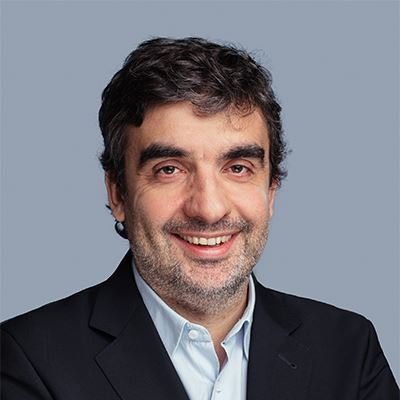
Altónio Alvarenga
António Alvarenga is a Professor at NOVA School of Business and Economics, Universidade de Lisboa. He is a researcher at the Center for Management Studies of Instituto Superior Técnico (CEG-IST, Universidade de Lisboa) and at the Institute of Contemporary History (IHC, Universidade Nova de Lisboa). He is also an international consultant, founder, and executive director of ALVA R&C. He is the author of the book How to Put Things in Their Right Wrong Place.
For the past 20 years, he has worked in the fields of Foresight/Scenarios, Strategy, and Innovation. In his research, he combines practice and experience in Management, Innovation, and Foresight with the practice and experience of João Fiadeiro, choreographer and Director of Atelier Real, in the areas of composition, improvisation, and social stigmergy, to explore processes and skills for decision-making.
He holds a PhD in Management Sciences from Université Jean Moulin Lyon, a Master’s degree in European Economic Studies from the College of Europe in Brussels, and a Master’s degree in Strategy from the Institute of Social and Political Sciences of Universidade de Lisboa. He earned his undergraduate degree in Economics from Universidade do Porto and has completed international training in Strategic Foresight at the University of Manchester.
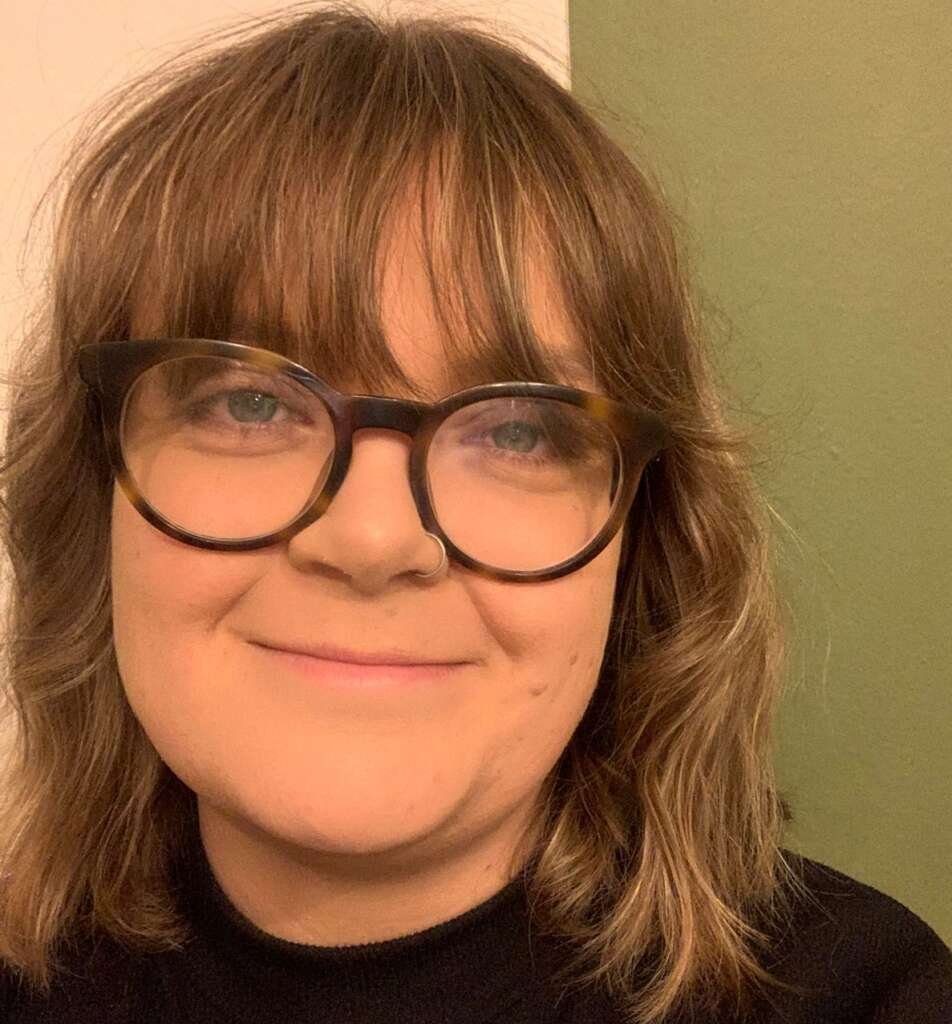
Camila Barbosa
Camila Barbosa is a Professor in the Department of Philosophy at the Federal University of Santa Maria, where she teaches in both the undergraduate program and the Graduate Program in Philosophy. She is also a member of the Advisory Board of AIRES/PUCRS.
Her work lies at the intersection of critical phenomenology and feminist studies, aiming to examine how bodily experience, personal perspective, and social interactions position bodies socially and establish social categories—thus rethinking the body schema as a site of inequality. Her research interests include Phenomenology, Modern Philosophy, Contemporary Philosophy, Ethics and Political Philosophy, International Politics, Feminist Theories, and Gender and Sexuality Studies.
She holds a PhD and an MA in Philosophy from the Pontifical Catholic University of Rio Grande do Sul (PUCRS), and a BA in International Relations from Unilasalle/Canoas.
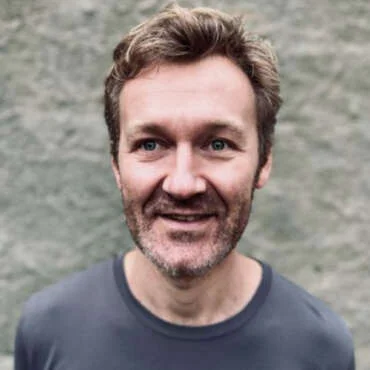
César Meurer
César F. Meurer is an Associate Professor at the Laboratory of Cognition and Language at the State University of Northern Rio de Janeiro (UENF). He is a member of the C&L Research Group and of the ANPOF Working Group on Philosophy of Mind and Information.
His research is in the philosophy of mind and language, with a focus on non-dualist approaches to the syntax of natural language. His teaching, research, and outreach activities center on philosophical, scientific, and educational questions concerning language, mind, and time.
He holds a degree in Philosophy with a specialization in Communication. He earned a Master’s degree in Education—with a dissertation at the intersection of philosophy of language and philosophy of education—and both an MA and a PhD in Philosophy from the University of Vale do Rio dos Sinos. He has completed postdoctoral research at the Department of Philosophy of the Università degli Studi di Milano, at the Institute of Philosophy of the Federal University of Uberlândia, and at the Center for Logic, Epistemology, and the History of Science of the State University of Campinas.
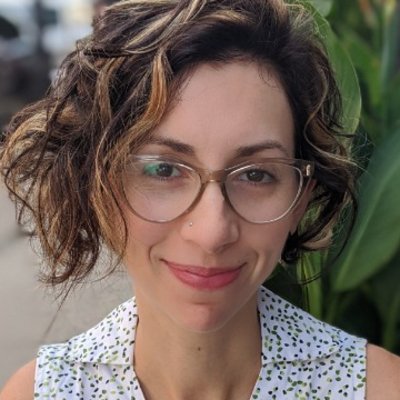
Elena Cuffari
Elena Cuffari is a Professor of Psychology and Scientific and Philosophical Studies of Mind at Franklin & Marshall College, USA. She is the coordinator of the ECC-Lab (E-perspectives on Communication and Language) and a member of the Cognitive Science Research Laboratory at the same institution. She is co-author of the book Linguistic Bodies: The Continuity between Life and Language.
For over a decade, she has worked across Psychology, Liberal Studies, Feminist Studies, and Composition. Her research focuses on philosophy of mind, philosophy of psychology, gesture, 4E cognition, social interaction dynamics, and the relationship between embodied experience and language. She explores how people, together with environments and with one another, make sense of statements, gestures, interactions, objects, events, stories, and time.
She holds an MA and PhD in Philosophy from the University of Oregon (2011) and a BA in Philosophy and Linguistics from Swarthmore College (2005). She completed her postdoctoral research at the IAS–Centre for Life, Mind and Society in the Department of Logic and Philosophy of Science at the University of the Basque Country (UPV/EHU).
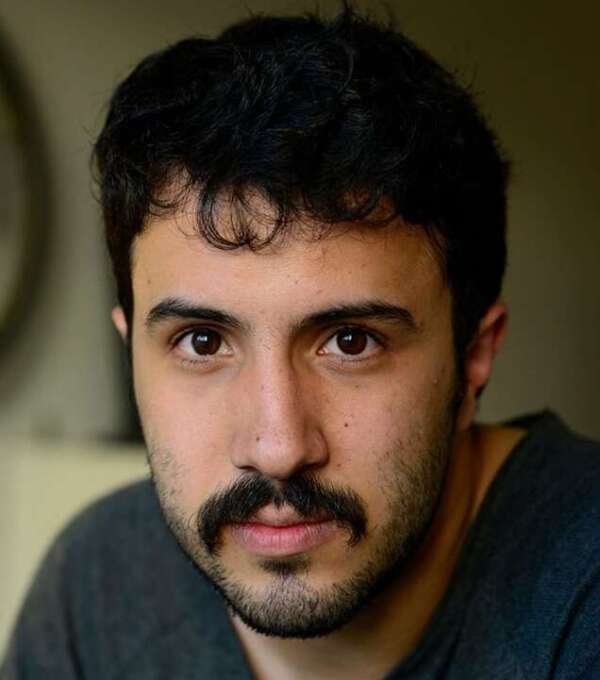
Giovanni Rolla
Giovanni Rolla is a Professor of Philosophy in the Department of Philosophy at the Federal University of Bahia, where he is also a permanent member of the Graduate Programs in Philosophy (PPGF) and in Philosophy and History of Science Education (PPGEFHC). He is a founding member of the inter-institutional research groups Enactive Cognition & Narrative Practices (Wollongong, Australia) and Cognition, Language, Enactivism, and Affectivity (Brazil). He is currently the Secretary of the Brazilian Society for Analytic Philosophy (2023–2024).
His research focuses on an ecological–enactive conception of mind grounded in practical knowledge. He argues that the adaptive functions of agents are not limited to individual cognitive enhancement but also operate within the social systems we inhabit. He emphasizes the role of the body in technologically mediated environments and proposes, drawing on the phenomenology of endurance training, that self-knowledge emerges from the practical experience of the body in activity.
He holds a PhD in Philosophy from the Federal University of Rio Grande do Sul (2017), where he also earned his MA (2013), BA (2010), and teaching degree (2015) in Philosophy. His main research areas include philosophy of cognition, theories of embodied cognition, varieties of enactivism, theories of perception, and theories of information.
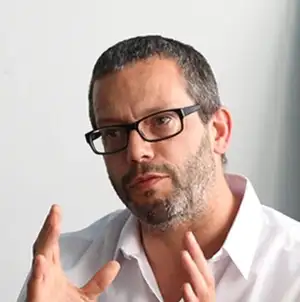
João Fiadeiro
João Fiadeiro is a Portuguese artist, choreographer, performer, teacher, and researcher based in Lisbon. Founder of the company RE.AL (Resposta.ALternativa), his work operates at the intersection of performance, dance, visual arts, and theatre, as well as across the boundaries of practice and theory, art and science, and life and art.
Since 1995, he has been developing the method of Real Time Composition, conceived as a theoretical-practical tool to explore decision-making, representation, and collaboration. This research has guided his artistic and pedagogical practice and led him to teach workshops in Master’s and PhD programs at universities worldwide.
He trained in classical and modern dance at the Rui Horta Dance School and the Ballet Gulbenkian, and furthered his studies in New York at the Peridance Center and the Paul Taylor Dance School. He danced with the Ballet Gulbenkian and the Companhia de Dança de Lisboa before establishing his authorial and research career within the field of New Portuguese Dance.
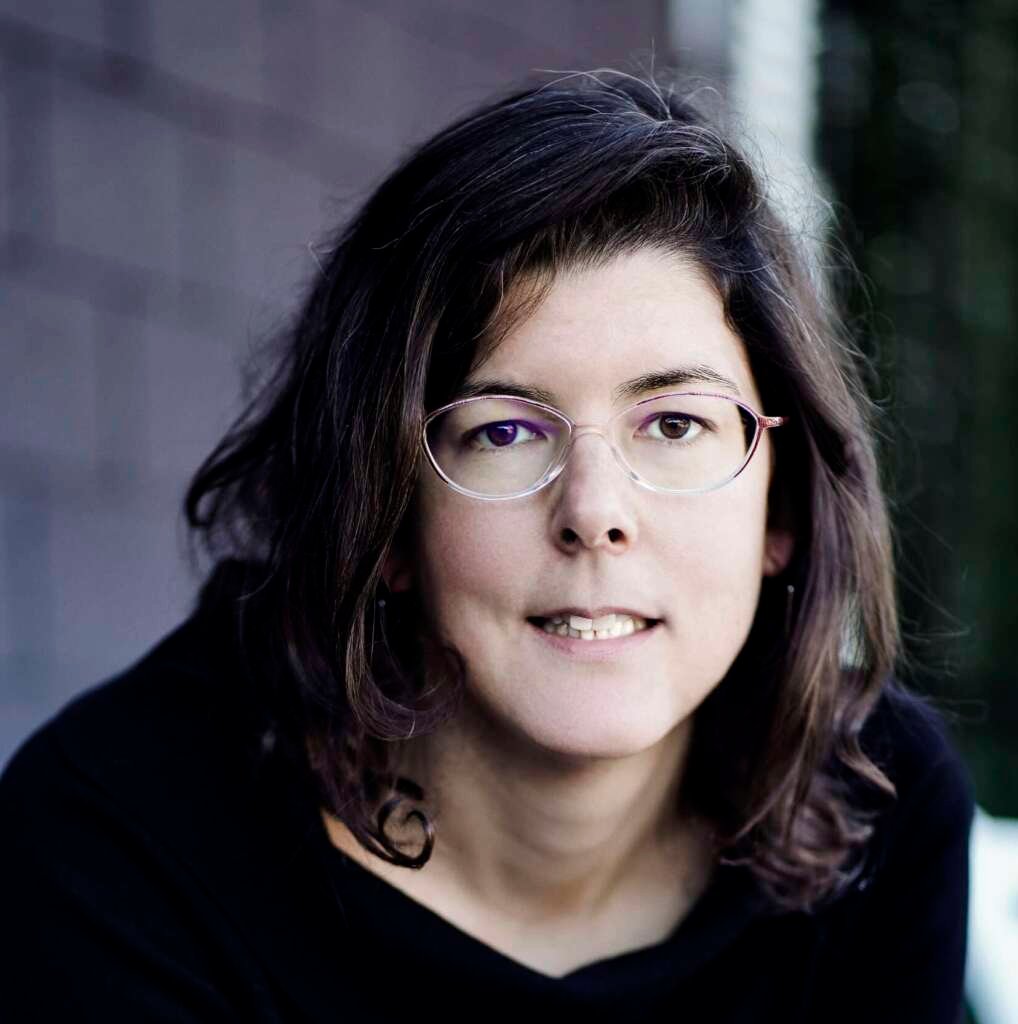
Hanne De Jaegher
Hanne De Jaegher is a philosopher and cognitive scientist, and co-director of Dialogica/UK—a center dedicated to training and professional development in the Autism Dialogue Approach. She is currently a visiting researcher at the University of Sussex, UK.
Her research focuses on how we live and love together. To this end, she has developed a theory of subjectivity and intersubjectivity called Participatory Sense-Making, which brings the enactive notion of sense-making to bear on our interpersonal relations. One of the main areas where she applies and expands this theory is Autism Spectrum Disorder.
She holds a PhD in Philosophy of Cognitive Science from the University of Sussex and a degree in Philosophy from the Free University of Brussels. She was a senior Ramón y Cajal fellow at the University of the Basque Country, where she served as Associate Professor between 2020 and 2023.
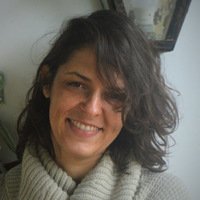
Lidia Larangeira
Lidia Larangeira is a Professor at the Federal University of Rio de Janeiro, where she coordinates the Group: Research, Studies and Encounters in Dance . She has extensive experience in teaching, research, and artistic creation in dance, working as a collaborator, dancer, professor and researcher.
Her research investigates how choreography functions as a colonial legacy device that normalizes and regulates women’s bodies. Since 2016, she has been developing the solo dance piece Brinquedos para esquecer ou práticas de levantes (Toys to Forget or Practices of Uprisings). She also served as pedagogical coordinator and teacher at the Escola Livre de Dança of the Centro de Artes da Maré in Rio de Janeiro.
She holds a PhD in Arts from the State University of Rio de Janeiro. She earned her BA and teaching degree in Dance from the State University of Campinas, with qualification in Arts Education. She also holds a specialization in Contemporary Dance Studies from the Federal University of Bahia and a Master’s degree in Art Sciences from the Fluminense Federal University.
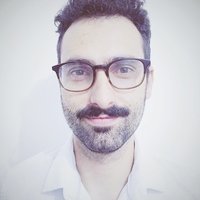
Marcelo Lopes
Marcelo Lopes is a Professor of Philosophy at the Federal University of Santa Maria. He is also a member of the Nordic Society for Phenomenology.
His current research focuses on Phenomenology, Philosophy of Emotions, and Philosophy of Psychiatry. He explores topics such as the phenomenology of illness, reflecting on embodied experience in psychiatric disorders.
He holds a BA in Philosophy (full teaching qualification), as well as an MA and PhD from the Federal University of Santa Maria. During his doctoral studies, he was a visiting researcher at Freie Universität Berlin. He also holds a specialization in Phenomenological Psychopathology from the Faculty of Medical Sciences at Santa Casa de São Paulo and has completed postdoctoral research in Brazil (CNPq) and Denmark at the University of Southern Denmark.
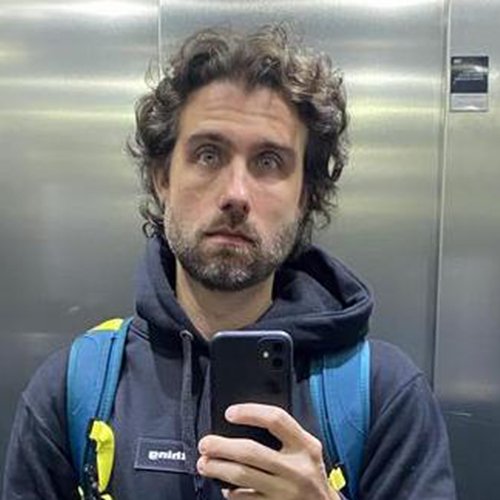
Marcos Fanton
Marcos Fanton is a Professor of Philosophy and member of the Graduate Program in Philosophy at the Federal University of Santa Maria. Coordinator of the Research Group GEFOP.
His research focuses on social and political philosophy, with an emphasis on theories of justice and the relationship between social inequalities and health. He is developing the project “The Embodiment of Discrimination: Social Justice and Ethno-Racial Inequalities in Health”, which seeks to integrate philosophical and normative reflections on social justice with epidemiological studies of ethno-racial health disparities.
He holds a law degree from PUC/RS and both an MA and PhD in Philosophy from the same university.
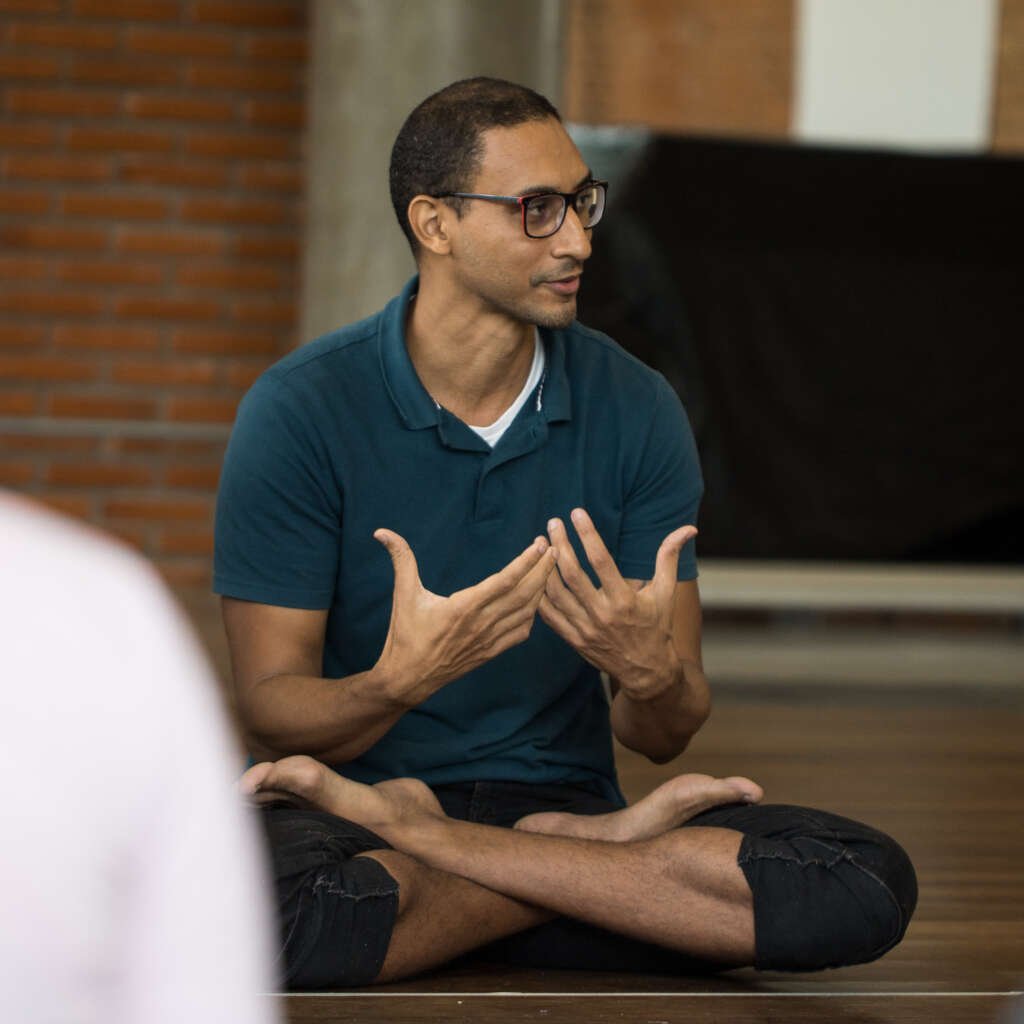
Marcos Silva
Marcos Silva is an Professor in the Department of Philosophy at the Federal University of Pernambuco (UFPE) and coordinator of the Graduate Program in Philosophy (PPGFIL/UFPE). He is the current president of the Brazilian Society for Analytic Philosophy (2023–2024) and a 1D productivity fellow of CNPq. Since 2020, he has served as Editor-in-Chief of Perspectiva Filosófica.
His research focuses on logical pluralism, with an emphasis on non-classical logics, combining debates in the philosophy of logic and the metaphysics of affordances. He also investigates the nature of logic from the perspective of Radical Enactivism (REC).
He holds a BA, MA, and PhD from PUC-Rio. During his doctoral studies, he completed a visiting research period at the University of Leipzig, Germany. He has conducted postdoctoral research at the Federal University of Rio de Janeiro and, as a FUNCAP/CAPES postdoctoral fellow, at the Federal University of Ceará.
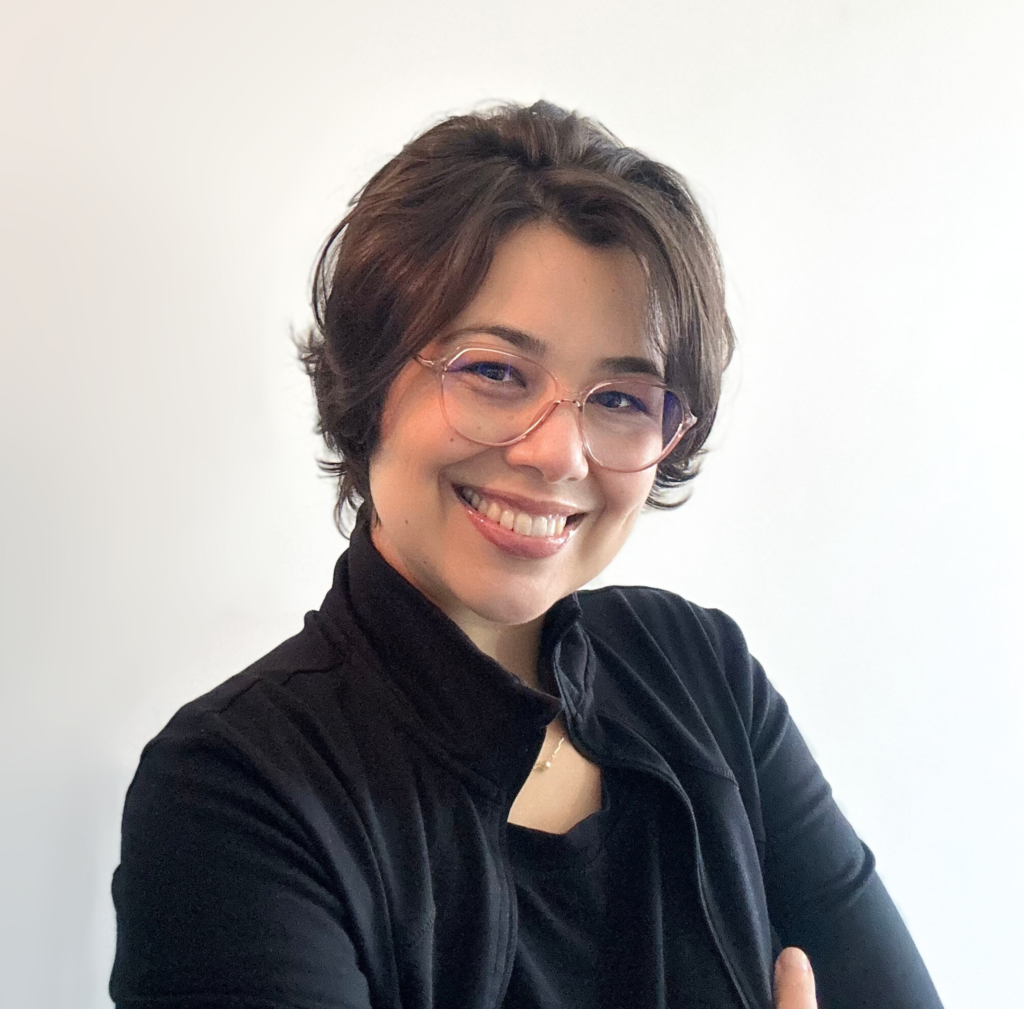
Nara Figueiredo
Nara Figueiredo is a professor of Philosophy and permanent faculty member of the Graduate Program in Philosophy at the Federal University of Santa Maria, where she coordinates the Enact Project and the C&L/Enact Research Group. She is also a member of the Writing Group for Women in Philosophy (GEMF), the ANPOF Working Group on Philosophy of Mind and Information, the Brazilian Network of Women Philosophers (REDE), the Brazilian Society for Analytic Philosophy (SBFA), and the Cognition, Language, Enactivism, and Affectivity Group (CLEA).
Her research focuses on Philosophy of Mind, Philosophy of Language, Epistemology, and Metaphysics. She investigates the possibilities of studying language in both verbal and non-verbal contexts from an enactivist perspective, and also works on the development of second-person approaches in the neurosciences.
She holds a BA and a teaching degree in Philosophy from the State University of Campinas (UNICAMP), an MA and PhD in Philosophy from the Faculty of Philosophy, Languages and Human Sciences at the University of São Paulo (FFLCH/USP). She has completed postdoctoral research at USP, UNIFESP, and UNICAMP, with international research experience at both doctoral and postdoctoral levels in philosophy and cognitive science.
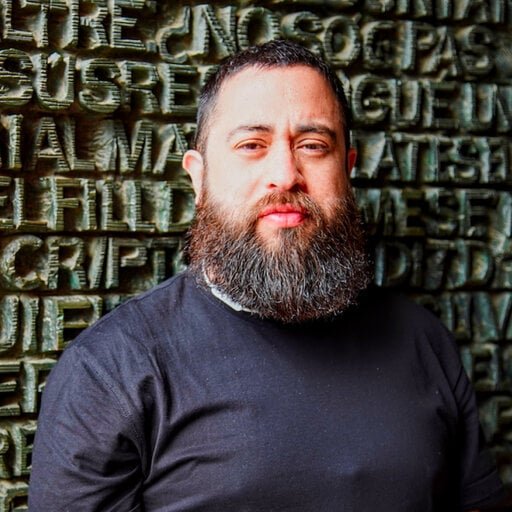
Pablo Lopez-Silva
Pablo López-Silva is a Full Professor of Psychology at the University of Valparaíso at the School of Psychology (Faculty of Social Sciences), in Chile. He teaches philosophical foundations of contemporary psychology and conduct research on different conceptual and empirical issues arising from the study of psychiatric conditions.
His main focus is on the debates surrounding the etiology of psychotic delusions, the unity of consciousness in pre and psychotic states, the structure of self-awareness, the adaptiveness of delusions, and the notion of attribution of mental agency. He has examined a number of philosophical issues surrounding the occurrence of delusions of thought insertion, a key symptom of psychosis. He has woks in (i) Psychopathology: the ontology of mental diseases and the architecture of delusions, (ii) Philosophy of Mind: the structure of altered states of consciousness (iii) Neurolinguistics: neurocognitive underpinnings of mutual verbal understanding in dialogue (iv) Neuroethics: ethics of neurotechnology and neuroprotection
He holds teaching and professional degrees in psychology, has worked on attachment studies (PUCV-Chile), and has a Master’s and PhD in Philosophy from the University of Manchester, UK.
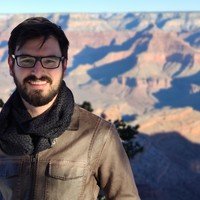
Rafael Vogelmann
Rafael Volgelmann is a Professor in the Department of Philosophy and a permanent faculty member of the Graduate Program in Philosophy (PPGF) at the Federal University of Santa Maria. He is a member of the Ethics Working Group of ANPOF and of the Research Group on Metaethics, Moral Psychology, and Theories of Practical Reasons (MORES).
His research focuses on Metaethics, Moral Psychology, and Philosophy of Action. He is currently investigating the possibility of a moderate alternative to Normative Constructivism, articulating notions such as agency and affordances.
He holds a BA and a teaching degree in Philosophy, as well as an MA and PhD in Philosophy, all from the Federal University of Rio Grande do Sul. During his doctoral studies, he was a visiting researcher at the University of California, Los Angeles (UCLA). He also holds a specialization in Philosophy Teaching from the Federal University of Pelotas.
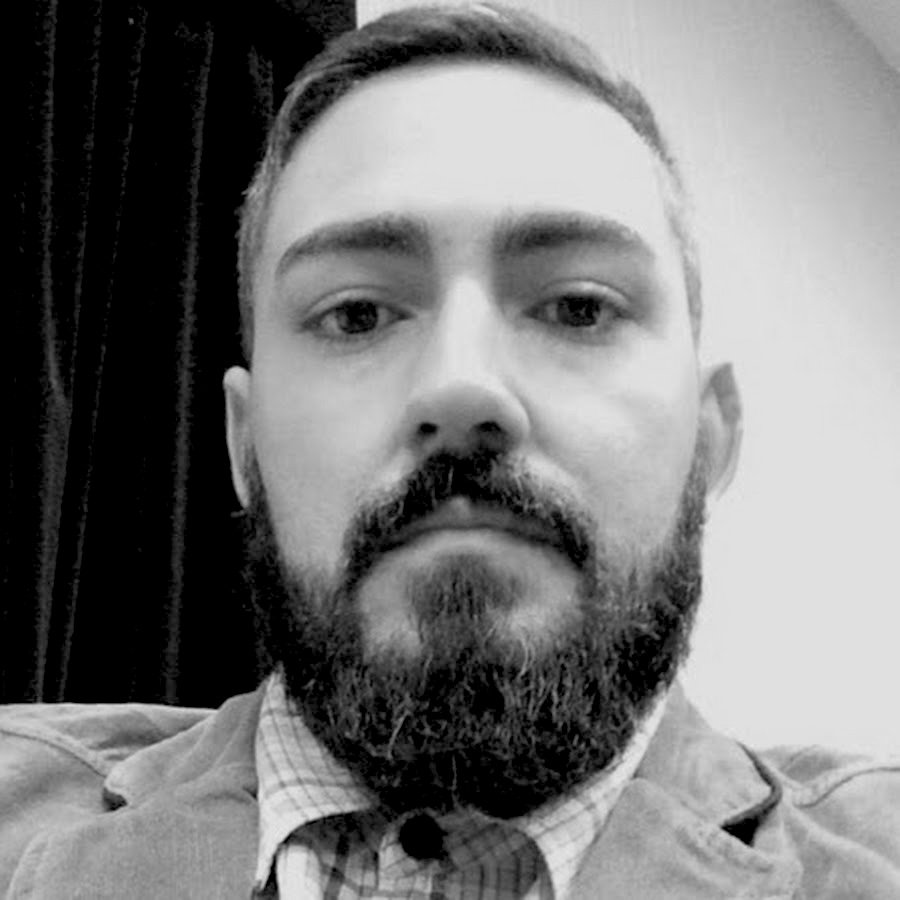
Tiegue V. Rodrigues
Tiegue Vieira Rodrigues is a Professor in the Department of Philosophy at the Federal University of Santa Maria (UFSM), where he coordinates the CIM Research Group within the Graduate Program in Philosophy. He is also Coordinator of the Graduate Program in Philosophy of the Federal University of Santa Maria
His research focuses on Epistemology, including Sources of Knowledge (Memory), Social Epistemology, and Practical and Epistemic Rationality. He investigates the nature, scope, and justification of knowledge, as well as the social and collective dimensions of knowledge production.
He holds a PhD in Philosophy (Epistemology) from PUCRS (2011), during which he completed a visiting research period at Rutgers University, USA (sandwich program, 2009–2010) under the supervision of Peter Klein. He has been a postdoctoral research at Universität zu Köln (2022–2023, CAPES PrInt Fellow) and at PUCRS (2016), developing work on memory, social epistemology, and rationality. He also holds an MA in Philosophy from PUCRS (2007, CAPES Fellow) and a BA and teaching degree in Philosophy from PUCRS (2005).
